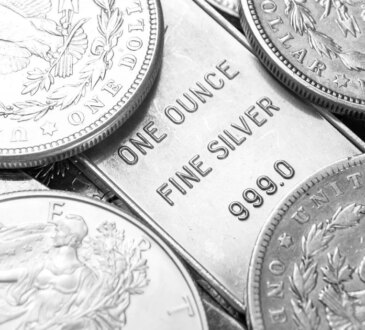Worried about your 401k, investments after Trump’s tariffs? Here’s some expert advice
Have you checked your 401k balance since President Donald Trump announced widespread tariffs last week on what he called “Liberation Day”?
Chances are, it’s down — maybe way down.
The markets have lost more than $11 trillion since Trump’s inauguration and more than half of that happened on Thursday and Friday, according to global investment research company Morningstar.
On Monday, the CEO of the world’s largest asset manager, Larry Fink of Blackrock, said stock markets could fall by another 20% because of the tariffs and said the economy is probably already in a recession.
Amid so much turmoil, the Beacon Journal reached out to Jesse Hurst, founder of Impel Wealth Management in Cuyahoga Falls, to explain what’s happening and what consumers can do to help protect their nest eggs.
Here’s what he said early Monday afternoon, as the markets whipsawed between losses and gains:
Markets hate uncertainty. The level of the new tariffs and the manner in which they are being calculated, communicated, and implemented are creating significant uncertainty around global trade and their impact on future corporate earnings. Corporate earnings tend to affect stock prices over long periods of time. Since the rules are rapidly changing, no one is certain how to measure the impact at the present time.
We can look at past periods of volatility and geopolitical uncertainty as a guide to how low things could go. During the 1973-1974 Arab oil embargo and the accompanying inflation, the stock market dropped approximately 43% as measured by the S&P 500 index. In the aftermath of the bursting of the dot.com bubble and 9/11, the stock market dropped approximately 47%. During the great financial crisis of 2007-2008, the stock market dropped approximately 57%. Finally, during the 2020 COVID-19 outbreak, the stock market dropped 34% in just a few weeks before recovering due to massive fiscal and monetary stimulus. However, it is important to remember that each situation has its own unique qualities and characteristics.
A stock market correction is generally defined as a drop of 10% or more, while a bear market is defined as a drop of more than 20%. There is no general definition for a stock market crash. It generally tends to be correlated to the severity and speed of the downturn.
Luckily for people who are still in the accumulation phase of life and are depositing money into savings vehicles such as their 401(k)s on a regular basis, the decline in stock prices gives them the opportunity to buy more shares of what they were already purchasing at a lower price.




